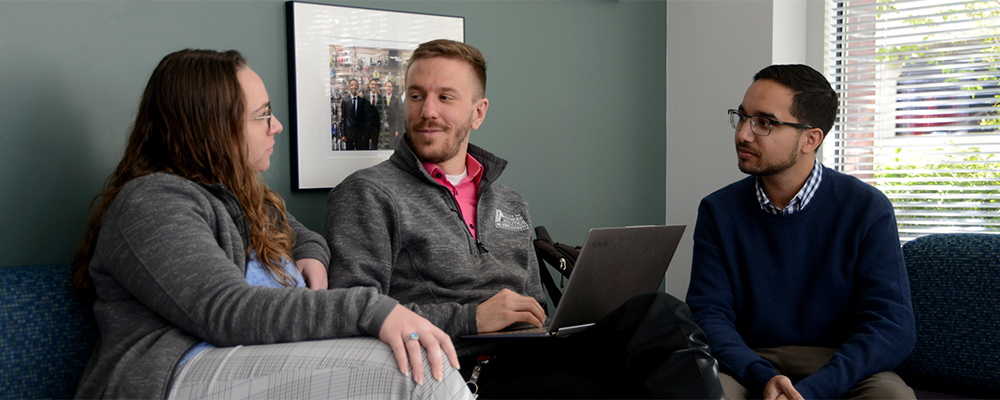
Return on Investment
 Two years: that’s how long, on average, it will take for students who completed the Master of Science in Analytics (MSA) this year to recover the cost of attending (tuition and fees) and the year of lost earnings based on their pre-entry salary. In investment terms, that’s the payback period: the length of time it takes for the cumulative gains from an investment to equal the cumulative cost. Ideally, investors—in this case students—would like the shortest possible payback period on their investment. Shorter payback periods generally have lower inherent risks.
Two years: that’s how long, on average, it will take for students who completed the Master of Science in Analytics (MSA) this year to recover the cost of attending (tuition and fees) and the year of lost earnings based on their pre-entry salary. In investment terms, that’s the payback period: the length of time it takes for the cumulative gains from an investment to equal the cumulative cost. Ideally, investors—in this case students—would like the shortest possible payback period on their investment. Shorter payback periods generally have lower inherent risks.
High starting salaries, modest tuition, and short time-to-completion translates into a payback period for MSA students that is half the average of what is realized in comparable 2-year professional degree programs. You can review the estimated costs of attendance for information about the full cost of attendance, including expenses beyond tuition and fees.
The Institute is keenly focused on delivering a high ROI for its students. Graduate education is expensive—not just the tuition, but also the lost wages while in school. The Institute has shown that a properly designed intensive learning experience can significantly enhance future earning potential. For the right student, the MSA is one of the best educational investments you can make.
|
MASTER OF SCIENCE IN ANALYTICS RETURN ON INVESTMENT
|
||||
| NC Resident | Non-Resident | |||
|
Number of Respondents:
|
35 | 22 | ||
|
Median Pre-MSA Salary:
|
$67,300 | $54,500 | ||
|
(+) Tuition and Fees:
|
$27,400 | $50,500 | ||
|
(–) Signing Bonus:
|
$15,000 | $10,000 | ||
|
Total Investment:
|
$79,700 | $95,000 | ||
|
Average Post-MSA Salary:
|
$120,000 | $113,750 | ||
|
(–) Pre-MSA Salary
|
$67,300 | $54,500 | ||
|
Net MSA Salary Increase:
|
$52,700 | $59,250 | ||
|
Payback Period (months):
|
18 | 19 | ||
|
Net Increase in Earnings:
|
78% | 109% | ||

About the Survey:
Notes: The response rate was 100-percent. Respondents provided information about their pre- and post-MSA annual base salaries, signing bonuses, and residency status (which determines tuition payments). The ROI payback period calculated for all candidates employed by graduation, based on their individual circumstances (residency, tuition, pre- and post-salaries, and signing bonuses), yielded a median payback period of 2 years.
Students are assumed to forgo one-year of earning, though the MSA program is 10-months in duration. The payback calculation does not take into consideration interest incurred by students who borrow to finance their education. Typically about 40-percent of students borrow an average of $30,000 to finance their MSA education. The monthly student debt-to-income (DTI) ratio is under 6%.

